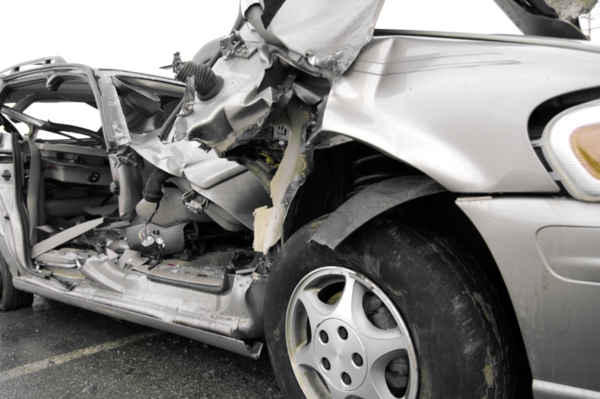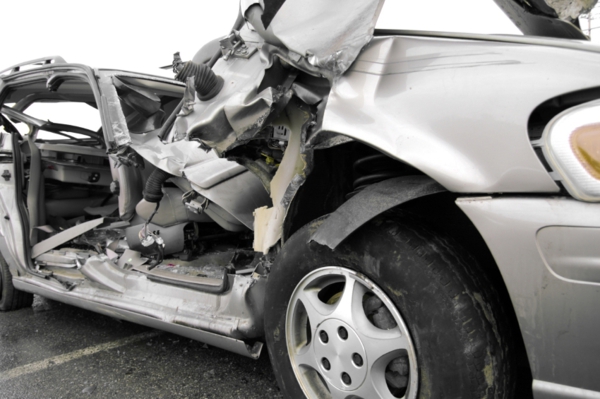No one wants to be considered a high-risk driver. Generally, this means that auto insurance companies set rates so high that the policyholders may not be able to afford the policy. Since people cannot drive their vehicles without purchasing auto insurance coverage, not being able to afford it can place people in a difficult predicament.
The High Risk of Obtaining a DUI/DWI
If people know that they are considered high-risk drivers, they can work to change their ways so that they will be entitled to lower rates. One person who catapults him or herself to high-risk status is someone who is convicted of a DUI/DWI. Auto insurance companies have data that proves that drinking alcohol seriously increases a person’s chances of causing a collision.

Auto insurance companies also have statistics on damages caused by drunken drivers. Some of the most serious injuries result from collisions caused by a driver who had been drinking, and some the most serious damages to the vehicles resulted after a drunk driver crashed into another vehicle. Because more serious injuries and damages mean that the medical bills and property repair bills will be higher, auto insurance companies consider those who have a history of drinking and driving to be high-risks.
High-Performance Vehicles
Drivers of high-performance vehicles also cause very serious injuries to humans and damages to vehicles. Statistically, people who drive sports cars tend to drive faster than those who are driving sedans. When sports car owners crash their vehicles, they cause more serious injuries and property damages than people in other types of cars.
As was mentioned above, more serious injuries and property damages mean higher medical and repair bills, but there is another component where sports cars are concerned. High-performance vehicles often are very costly to repair. It may be difficult for the body shop to find appropriate parts for these cars. All of these reasons make insuring a high-performance vehicle expensive for insurance companies, and those who drive them fall under the high-risk category.
Traffic Violations
Drivers do not have to have a DUI or DWI on their records to become high-risks in their insurers’ eyes. If they receive traffic tickets for the following reasons, they fall into the high-risk category as well:
• Speeding
• Reckless driving
• Running a stop sign
• Failing to stop at a red light
• Making unsafe lane changes
• Causing collisions
One ticket for speeding will not necessarily cause an insurance company to consider a client who has been a safe driver in the past to become a high-risk customer, but several tickets within a specified amount of time will signal to the insurance company that a driver is becoming increasingly dangerous.
Dangerous drivers are people who have several points added to their driving records. With every driving infraction, the Department of Motor Vehicles (DMV) will add a pre-determined number of points to the driver’s record. Periodically, auto insurance companies check these records to learn if there is anything new on them. If the insurance company does find an intolerable number of points on the client’s record, this customer becomes a high-risk driver.
The Newly Licensed
Just by nature of belonging to a particular demographic can cause auto insurance companies to place people in a high-risk category. One of those demographics is the newly-licensed driver. Newly licensed drivers are inexperienced, and they are involved in a large number of the car collisions that occur on the nation’s roads. The reason this is happening is because their knowledge of the roads is insufficient to avoid accidents that drivers with more experience generally avoid.
What Can High-Risk Drivers Do?
Once people know that they are high-risk drivers, they can take some actions to lower their risk status. If they are driving a sports car, they can trade it in for a safer vehicle. Automobiles with safety features qualify for several discounts because they were manufactured to reduce the instances of collisions, or decrease the damages that result after a collision.
Those who have driven dangerously in the past can take safe driving courses to show their insurance companies that they are changing their ways, and they will receive a discount in the process. The newly licensed do not have to wait years before they remove the label of being “inexperienced.” They can take driving courses that will encourage their insurance companies to lower their rates. If the clients put in the effort, the auto insurance companies are very likely to respond.
John Reppert is an insurance broker from Vaughan, ON. So you can believe he knows what he’s talking about when he writes an article on high risk drivers. Avoiding risk isn’t the only way to save on car insurance. If you live in Vaughan, check out Kanetix for the cheapest rates.
Are You A High Risk Driver?

